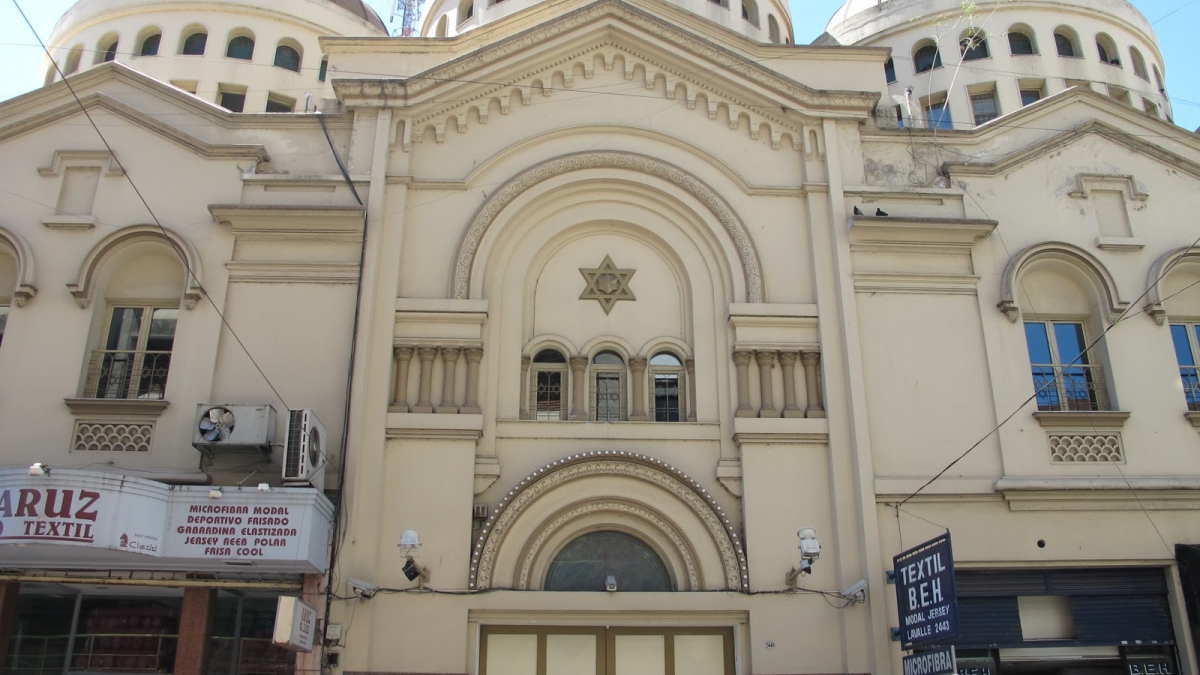2014 summer seminar to focus on Jewish culture in Latin America

In the decades preceding World War II, millions of European immigrants came to settle in Argentina, and the Jewish were one of the largest groups. Though many Jews have since left the country, this group of people still provides the country with a rich cultural background. Now home to around 180,000 Jews, Buenos Aires has quickly become the largest Jewish cultural center in Argentina, as well as one of the major Jewish urban concentrations of the world. Yet, this group of people is not widely recognized for the culture it brings to the country and Latin America.
Funded by the National Endowment for the Humanities and led by School of International Letters and Cultures Regents' Professor David Foster, a 2014 summer seminar for selected university and college teachers will examine the national impact of Jewish immigrants in the social, economic, political and cultural life of Argentina.
“Buenos Aires would be a very different city without its Jewish citizens,” says Foster. “It is only in the conjunction of the sort of in-depth readings and discussion the seminar provides with the actual material being of the city that this fact can be fully appreciated.”
The seminar will focus on the intersection of Jewish culture and Argentine life. Studying five major works of Argentine Jewish writers from the twentieth century, participants will explore how these works are essential to Argentine social and cultural history.
The seminar will be conducted in Spanish, so participants must have an advanced knowledge of the language in order to read and discuss the texts and write essays.
In addition to learning about Jewish culture, participants will also discover how Jewish culture is different from other immigrant cultures in the city, such as Italians, Arabs, Spaniards and Germans. “One takes away from the texts a very different sense of Jewish Buenos Aires from directly experiencing the city than would be possible in a seminar conducted in the U.S.,” Foster says.
Formal classes will be balanced by visits to various Jewish cultural sites and other institutional interests, including the local Museum of the Holocaust, the memorial at the site of the bombed Israel embassy and the National Library. Participants will also have the opportunity to have several lunches each week with prominent Jewish artists, intellectuals and writers over the course of the program to further discover the importance of Jewish culture within Buenos Aires, as well as the whole of Latin America.
“Jews in Argentina are not a ghettoized minority,” Foster says. “They constitute a vibrant community whose interests and whose writings and art are woven into the very fabric of national culture, which would be impossible to comprehend were they withdrawn from it.”
Professor Foster will be working individually with each participant on their professional research projects, which might include research related to Jewish topics or apply the seminar to other immigrant cultures in Argentina and Jewish groups throughout Latin America.
Because the material is directly from Buenos Aires, participants will have the opportunity to further explore and discover the importance of the Jewish culture within the city.
“It is often difficult for Latin Americanists to grasp the significance of the Jewish component of Buenos Aires,” Foster asserts, “and the need to examine how Jewish culture is not simply an ethnic enclave, but a phenomenon that is woven into the thick texture of the city.”
For more information about the program, contact Foster by email at David.Foster@asu.edu, or visit the program website.
Written by Daniel Lennie, communcations intern, School of International Letters and Cultures.
The School of International Letters and Cultures is an academic unit of the College of Liberal Arts and Sciences.